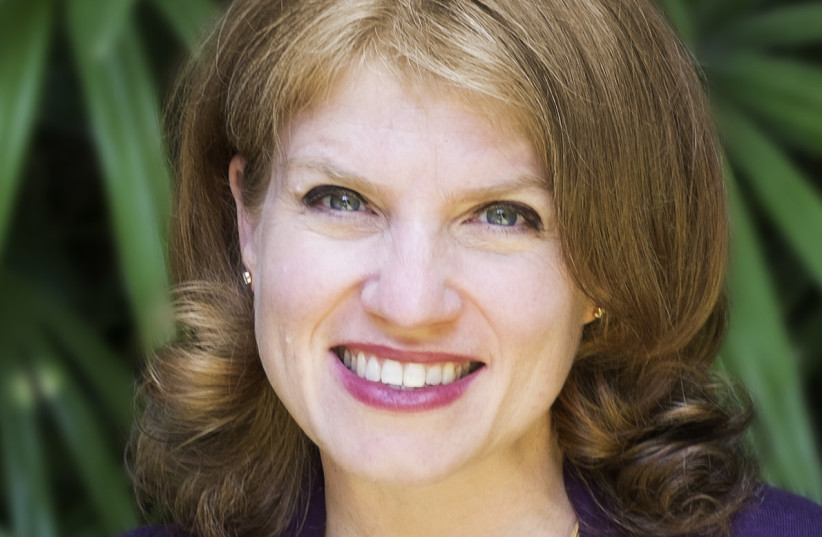There is a lack of diversity in the Israeli start-up industry: only one-third of start-up staff are female, peripheral demographics such as Arabs and ultra-Orthodox are frequently overlooked in the hiring pool, and a massive majority of investment goes to start-ups located in Tel Aviv. While most venture capital funds are drawn to companies based solely on the companies’ end product and good returns, Elah Fund is working to shift the status quo by showing increased interest in start-ups’ diversity – both geographically and in terms of team composition.
Seasoned investors Calanit Valfer, Scott Shay and Danny Goldman founded the Elah Fund in 2017 – after working together for 20 years – with a clear vision to generate top returns for its investors while also promoting Environmental, Social, and Governance (ESG) principles such as diversity, inclusion and carbon reduction. Leading by example, Elah is managed by Valfer, a woman investor, and the fund itself is gender-balanced and ethnically diverse with both Israeli Jews and Israeli Arabs.
“The fund was created to invest in Israeli companies with real-world products that are both going to make a lot of money for our investors and also do some measurable good for Israel,” said Valfer. “We are investing in companies from Misgav to Jerusalem, and Sderot to Lod, promoting diversity, supporting inclusion and reducing the carbon footprints of the portfolio, which is good for business and great for investors.”
When Valfer says that its values are “good for business,” she doesn’t just mean that they look good in marketing material. “There’s a lot of headlines about ESG – it’s this big concept that everybody talks about, but it’s hard to say exactly what it means. For us, ESG is not just some big headline that we call ourselves because it sounds good for investors,” she said. “We want to address things that will move the needle forward. We ask ‘what’s in the ESG toolbox that will cause our companies to perform better and also have a positive impact?’”
There are three answers to that question, she explained: 1) carbon reduction, 2) diversity and inclusion and 3) making a contribution to Israel’s economic vitality.

Carbon reduction carries a huge load of headaches all on its own. “Carbon footprint is a real business issue,” Valfer elaborated. “It’s an issue in terms of both production and your final product – but before you even start producing, it’s an issue in your supply chain; from where you’re sourcing your raw materials. When we’re talking with our companies, we basically help them think about all of these issues and expand their mindset.”
Similarly, diversification is a crucial value to have in today’s start-up climate: “Companies are having really stressful hiring experiences right now. It’s very hard to find good engineers, software people – employees in general,” said Valfer. “We help our companies identify where they can find quality professionals and hire them based on their skills, expanding their talent pool.”
“The real challenge in Israel is not hiring these people, it’s making sure that they’re retained,” Valfer continued. “If you’ve hired someone from a minority population that maybe doesn’t get the vibe of what the standard Israeli Jewish workplace looks like, there are tools that exist to help them improve their inclusion and feel like part of what they’re doing at work. Then the likelihood of those employees being retained and really being worth the effort, resources and money it took to recruit them is much higher. So from a business perspective, diversity and inclusion has real substantive benefits.”
She explained that, based on current research, there is a huge vein of untapped hi-tech potential just over the horizon: Arab women. “Something like 30% of first-year students in the Technion doing computer science and engineering are Arab Israelis. Of those, the majority are women. [They are] 60% women – the greatest candidates in five years from now are Arab women engineers.”
Making up the third leg of Elah Fund’s core values is an emphasis on promoting Israel’s economic vitality. “We’re looking for companies that want to stay deeply rooted here in Israel, expand and create more job opportunities.”
She told an anecdote wherein the CEO of one of the fund’s companies confessed that he was relieved that Elah Fund didn’t push his start-up to leave Sderot and head toward the hi-tech hubs in Israel’s center. Valfer and her team would want nothing less. “We think it’s the best thing ever. It’s very good for businesses to be in Sderot in terms of Israeli taxation; it’s good for Israel to have more jobs coming to Sderot, which bring more and more educated and productive people.”
Elah has completed investment in its first fund, which has reached just over $120 million and is invested in eight start-ups across the country, all of which are “outside of the shiny tech bubble between the Herzliya-Tel Aviv corridor,” Valfer proudly noted.
Following the success of its first, Elah has kicked off a second fund, which has already garnered over $50m. (with a $120m. target), bringing its total assets under management to $170m. Said the CEO: “We’re going to keep going for the next couple of months with the raise. Then we want to do more of the same kind of [change-forward] investment.”
